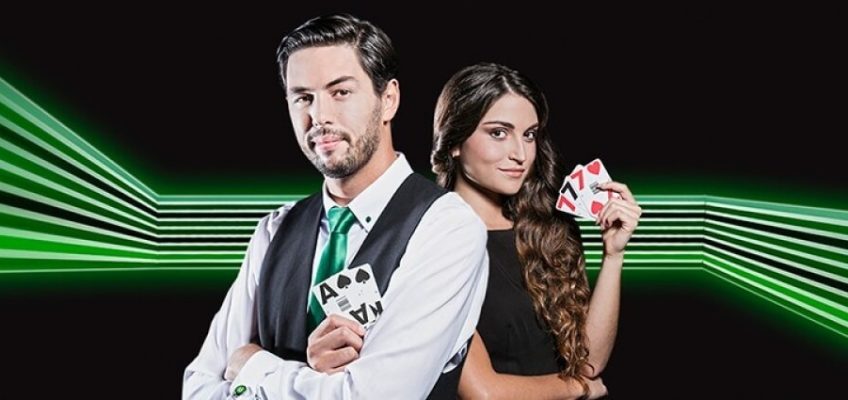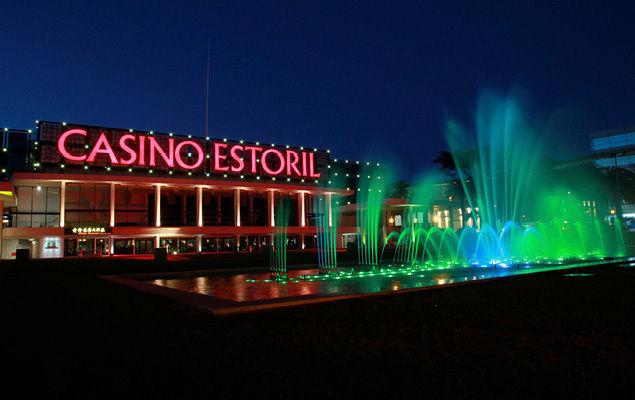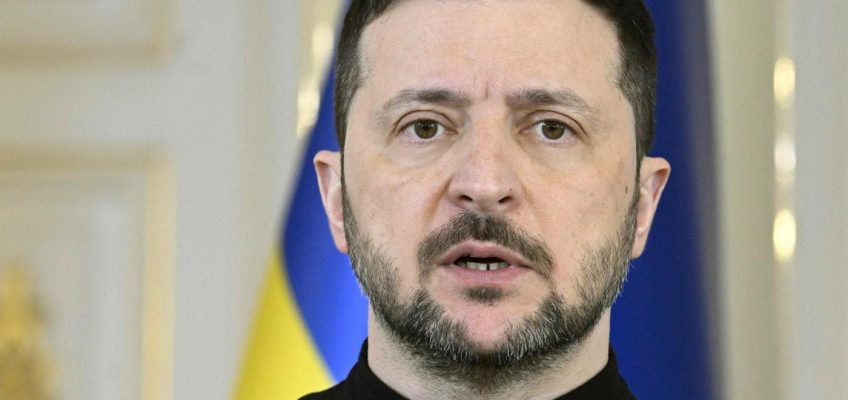Blogs
King of africa casino uk: Exactly why are no deposit bonuses so popular at the crypto casinos?
BTC Totally free Bucks
All of our Guide to Bitcoin Casinos for people People
Greeting Bonus upto $100k
Manage I need a promo password to engage a great Bitcoin casino no deposit extra?
The fresh sportsbook from the Megapari now offers an extraordinary listing of betting possibilities, coating nearly 30 other activities. If you’re on the football, cricket, otherwise eSports, the working platform will bring a comprehensive playing knowledge of higher chance and alive gaming possibilities. To have Indian gamblers, Megapari is especially accommodating, giving betting in the Indian rupees and you may multiple local commission tips. It designed method, combined with the program’s thorough sporting events coverage, makes Megapari among the best choices for sporting events lovers lookin to put bets on line. Pages can buy crypto in the seconds with a great debit credit for example Visa or Credit card and you may claim the newest 100% welcome extra on your earliest put, paid while the a real income.
Bitcoin no deposit bonuses provide a variety of pros one promote the overall gaming feel.
BC.Game are a component-rich crypto gaming system introduced inside the 2017 who’s swiftly become a premier choice for followers seeking to a captivating and you will nice on the web gambling establishment.
An educated Bitcoin casinos online are well-supplied to simply accept the cryptocurrency dumps if they is actually made-over the new Bitcoin network.
Whether or not WSM Local casino is fairly new to the marketplace, it’s currently centered a track record for the representative-amicable sense and you may diverse gambling options.
Knowledge these details enables you to find the most suitable greeting extra to your requirements, to stop unwelcome shocks.
When you’re these types of amounts may appear more compact, they supply genuine chances to winnings real money when you are assessment the new casino’s products.
King of africa casino uk: Exactly why are no deposit bonuses so popular at the crypto casinos?
The working platform accepts significant cryptocurrencies such as Bitcoin and you will Ethereum to have places, leading to quicker transaction minutes and you will improved protection.
All the position provides some other regulations or choice combos in order to earn the brand new progressive, so make sure you browse the conditions to totally know the way you can potentially allege it.
This is going to make cryptocurrencies the best choice for those who value price and convenience within gambling on line feel.
Considering the plethora of crypto casinos available, choosing the right one might be problematic.
Concentrating on casino poker and you will giving complete incentives, Ignition Gambling establishment are a leading contender regarding the crypto gambling enterprise room to own 2025.
Fortunately that when you are thanks to, you may make a king of africa casino uk transfer with APE, DAI, Link, Mud, SHIB, and many other cryptos. Having an offshore license, they are not subjected to regional legislation that will ban on the web playing. If local laws and regulations manage occur, you will probably you need an excellent VPN to get into the brand new betting site.
BTC Totally free Bucks
It removes intermediaries, leading to shorter running minutes and shorter charges. Metaspins Gambling enterprise now offers a modern, crypto-concentrated gambling on line program which have a massive game choices, user-friendly user interface, and you will glamorous bonuses, providing to cryptocurrency enthusiasts. Whether you’re a slot machines enthusiast, dining table game lover, otherwise wagering lover, Jackbit Gambling establishment will bring a diverse and you may enjoyable ecosystem for everyone types out of players. The mobile optimisation implies that the new thrill is always at the fingertips, because the attractive bonuses and you may offers add extra value on the playing classes. Betplay.io stands out as the a leading-level selection for online betting followers, including those individuals turning to cryptocurrency. Having its vast array of high-quality games, user-amicable user interface, and you will powerful security features, the platform delivers a superb playing sense.
All of our Guide to Bitcoin Casinos for people People
Register you while we spotlight where to play securely that have Bitcoin and you may exactly why are these types of gambling enterprises a cut above the rest. An electronic bag is essential to own space the cryptocurrencies before you can initiate to play in the a crypto local casino. Once getting cryptocurrency, make an effort to hook up your wallet so you can a merchant account during the a licensed crypto local casino to start to play.
Greeting Bonus upto $100k
You will find parlays, prop wagers, upcoming, moneyline wagers, pass on bets, totals, and a lot more. Overall, sports betting having cryptocurrency is a breeze and then we think they’s an excellent advantage to provides each other wagering and you will casinos linked along with her. Knowing the fundamentals from cryptocurrency is very important since there are additional factors in order to placing and withdrawing that are not found at traditional online casinos. Bitcoin gambling enterprises work at gaming organization to help you power its online playing collection. In fact, they tend to utilize dozens concurrently, that allows them to features a large and you will varied options (as they are not limited just to several business).
The mobile-enhanced program, quick deal rate, and you will credible support service subscribe to a smooth and you can immersive gambling environment. To possess people looking to a secure, imaginative, and rewarding gambling establishment feel, BallersBet is actually a leading possibilities you to definitely will continue to force the newest limits in the wonderful world of casinos on the internet and you can sports betting. 500 Local casino has created itself since the a top on line playing system, such common certainly cryptocurrency profiles and you may fans away from CS skin gaming.
The basis from an excellent gambling on line sense is actually trying to find a good casino one to’s not just enjoyable, plus reliable. Detachment rate, nation access, character, and fee steps would be the compass items guiding you to a good reputable Bitcoin gambling enterprise. Take into account the gambling enterprise’s background, scour thanks to reviews, or take note of the responsiveness to help you user issues. Nevertheless the enjoyable doesn’t-stop in the ports; having many different desk video game and you may video poker options, there’s constantly an alternative issue awaiting. Ready yourself to be dazzled by lucrative deposit bonuses you to definitely wait for, and you will grit your teeth to possess a playing feel one to’s as the fulfilling as it’s thrilling. To your support of the most extremely trusted names on the market, you’re set for a journey one to’s every bit while the safer because it’s invigorating.
Manage I need a promo password to engage a great Bitcoin casino no deposit extra?
It’s better-noted for providing an excellent playing experience and you can a variety of bonuses one continue people returning. One of the recommended advantages for new players is the zero-deposit added bonus, which allows one to begin to play instead using many money. Flush Casino stands out while the an innovative and you will athlete-amicable program in the competitive world of gambling on line. Featuring its vast set of more than 5,one hundred thousand online game, glamorous bonuses, and you will exclusive work with cryptocurrency deals, it’s got a modern and you will secure gaming feel.




